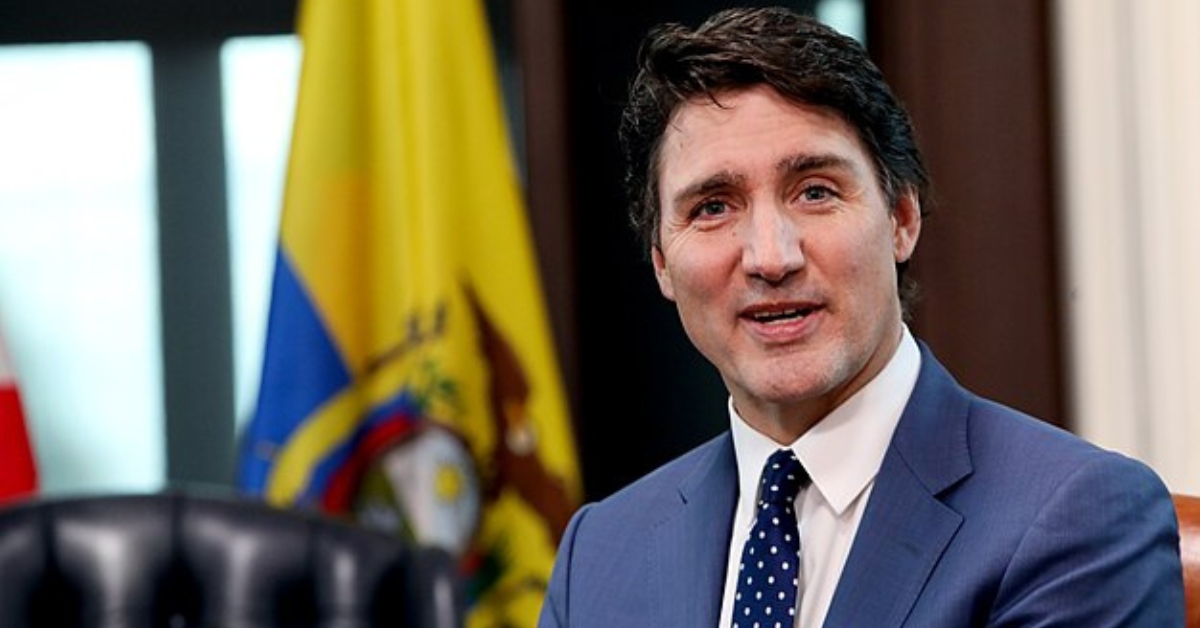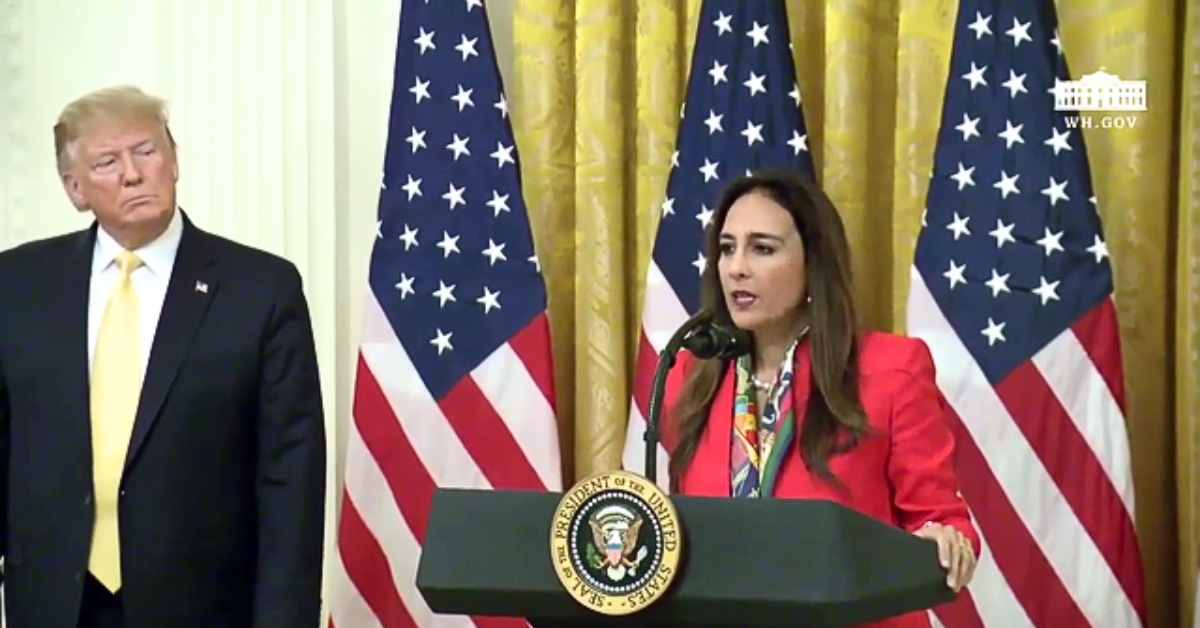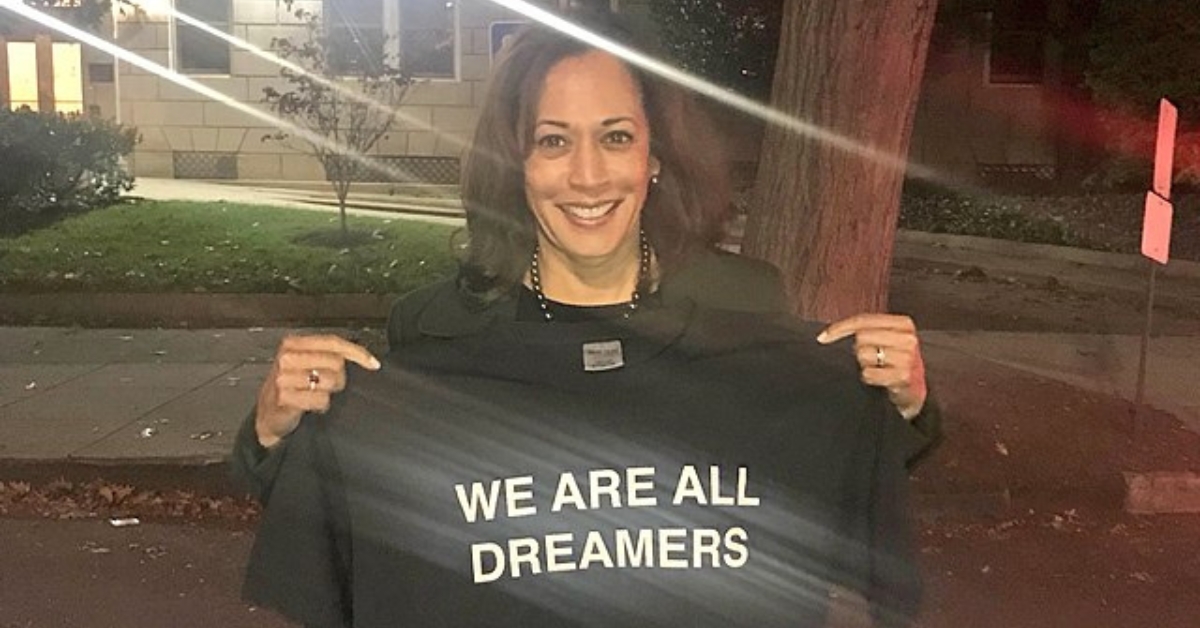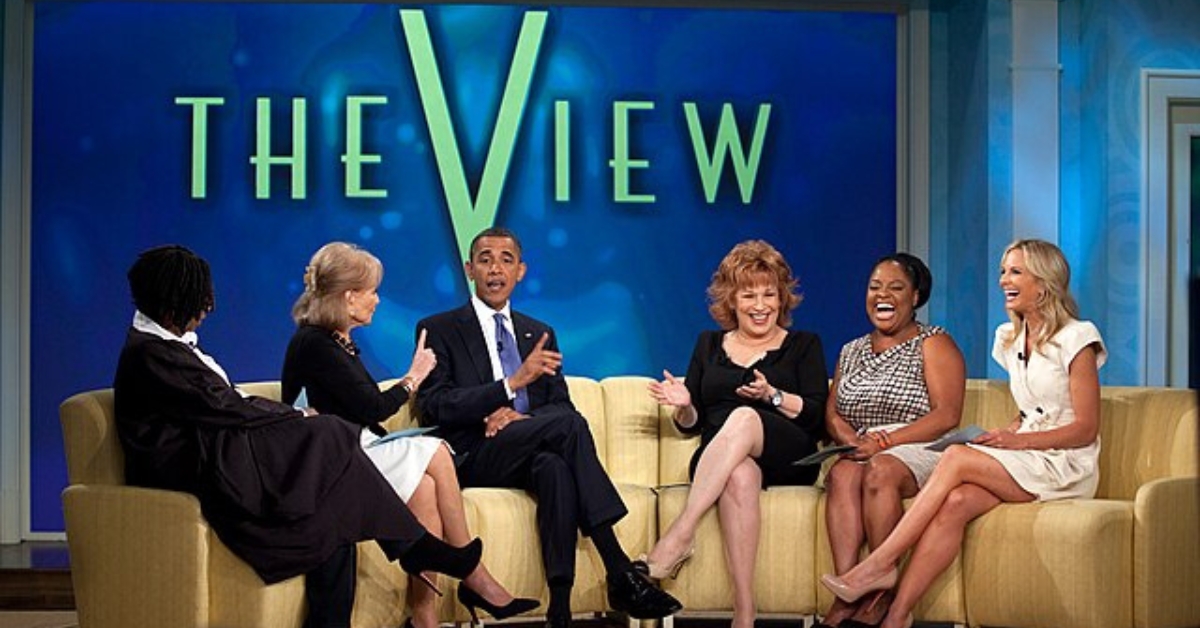
Study: Minority Voters Are Flocking to the Republican Party
In a seismic shift that could fundamentally reshape the American political landscape, minority voters, traditionally a reliable bastion for Democrats, are increasingly turning their backs on a party they feel has long taken their support for granted. Over the past four years alone, there’s been an astonishing 40-point swing among non-white voters towards the GOP, a movement that has left Democratic strategists scrambling and deeply unsettled.
This exodus of minority voters from the Democratic fold isn’t just a fleeting anomaly—it’s a profound indictment of a party increasingly consumed by ideological extremities and out-of-touch policies. These voters are actively seeking alternatives that offer not just lip service to diversity and inclusion, but real, tangible solutions that address pressing issues such as economic stability, community safety, and national integrity. They’re turning their backs on the divisive and radical agendas that have come to define the Democratic platform, gravitating instead toward the GOP. Just look at Trump’s recent rally in the Bronx—an undeniable testament to this shift.
The implications of this shift are monumental. As we inch closer to another election cycle, the panic within the Democratic ranks is palpable. With President Biden’s approval rates floundering, and a vocal majority within their own base calling for a dramatic change in candidacy, it’s clear that the Democratic Party is at a crossroads. They face a stark choice: realign with the practical needs and aspirations of their changing base, or continue down a path that may lead to significant electoral defeats.
Moreover, this isn’t merely a political recalibration; it represents a deeper cultural realignment. It’s a clarion call for a return to a politics that prioritizes the welfare and prosperity of all Americans, rather than catering to fringe elements and niche concerns. Minority voters are signaling that they want leaders who will protect their jobs, enhance their economic prospects, and ensure their communities are safe—core issues that resonate far more than the esoteric debates that often dominate the discourse on the left.
As the Democratic Party confronts this unsettling reality, the Republican Party finds a historic opportunity not only to expand its tent but to redefine American politics in a way that could have lasting implications for generations to come. This isn’t just about political survival; it’s about redefining the very nature of American governance in a way that truly honors the diverse tapestry that is America.














